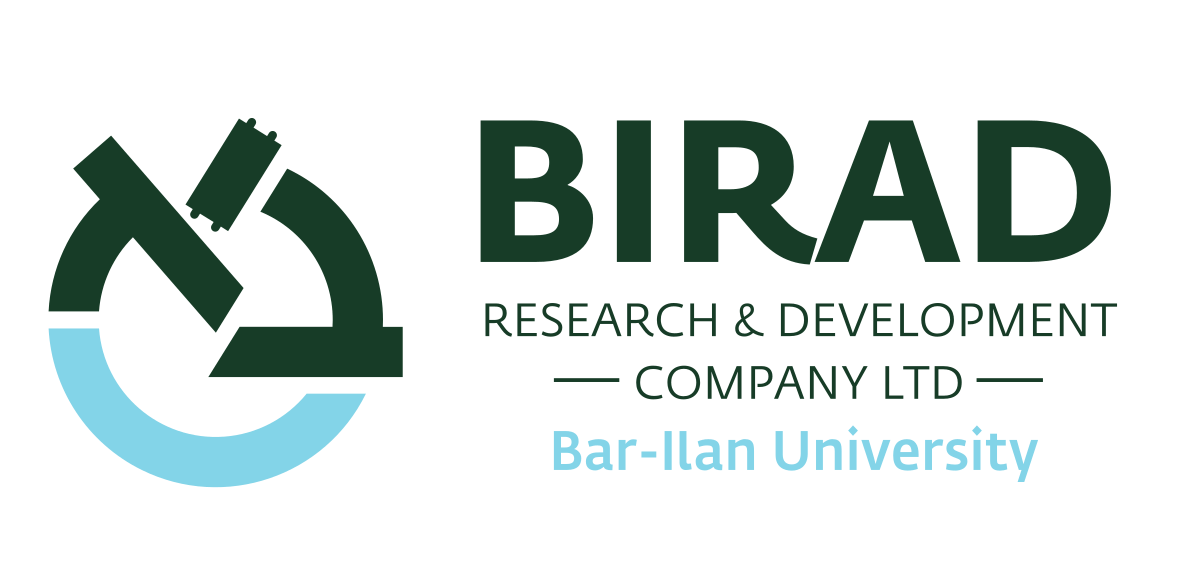Novel Transistor Gain Cell With Feedback

The Problem
Embedded memories, typically implemented with a 6T SRAM bitcell consume an ever growing share of the total silicon area and power. Gain cell embedded DRAM (GC-eDRAM) is an alternative to 6T SRAM, offering higher density, lower leakage, and 2-port operation. However, gain cells:
- Rely on dynamic storage
- Results in very low data retention times
- Increases the power consumption
- Reduces memory availability

The Solution
We propose a novel gain cell implementation with internal feedback.

The Commercial Benefit
Our innovative gain cell with the internal feedback:
- Significantly improves the data retention time of the memory cell in scaled process nodes, thereby enabling the implementation of this technology to future nano-scaled technologies
- Offers over 30% reduction in both area and power compared to conventional SRAM (in 28nm Bulk and 28nm FD-SOI processes)

Market Potential
The non-volatile memory market is expected to be worth USD 82.03 Billion by 2022, at a CAGR of 9.50% between 2017 and 2022. The growth of this memory market is driven by customers' need for high-speed, low-power-consuming, and highly scalable memory evices.

Target Markets/Industries
- Automotive
- Artificial intelligence
- Low-power
- Wireless communications
- Smart-cards

Intellectual Property
Granted Patents:
US 9,691,445
US 10,002,660
EP 3138101
IL 248633

Team: Primary Inventor
Prof. Alexander Fish
Professor Alexander Fish is a Full Professor in the Faculty of Engineering at Bar-Ilan University and heads the Emerging NanoScaled Integrated Circuits and Systems (EnICS) Labs Impact Center, which he founded in 2015.
Professor Fish’s research interests include power reduction methodologies for high speed digital and mixed signal VLSI chips, energy efficient SRAM and eDRAM memory arrays, CMOS image sensors and biomedical circuits, systems and applications, and hardware security. He has authored and co-authored over 170 scientific papers in journals and conferences. He has also submitted more than 30 patent applications. Professor Fish has published three book chapters and one book as an editor.
Professor Fish founded and served as an Editor-in-Chief for the MDPI Journal of Low Power Electronics and Applications (JLPEA) from 2012 to 2018. He is an Associate Editor for the IEEE Sensors Journal, the IEEE Access Journal, Microelectronics Journal (Elsevier) and Integration, and the VLSI Journal (Elsevier).
Professor Fish is a member of the Sensory, VLSI Systems and Applications, and Bio-Medical Systems Technical Committees of IEEE Circuits and Systems Society.

Dr. Adam Teman
Dr. Adam Teman is a Tenure Track Senior Lecturer in the Faculty of Engineering at Bar-Ilan University and a Co-Director of the Emerging NanoScaled Integrated Circuits and Systems (EnICS) Labs Impact Center. Dr. Teman's research interests include embedded memories, energy efficient circuit design, hardware for artificial intelligence, hardware acceleration, and methodologies for physical implementation. He has authored over 70 scientific papers and many patent applications and has participated in over 15 IC tape outs. Dr. Teman is a primary investigator in grant programs from the Israel Innovation Authority, Israeli Science Foundation, and others. Dr. Teman has been awarded several prestigious awards, including a Swiss Government Excellence Scholarship, a Wolf Foundation Scholarship, and the Intel Prize. Dr. Teman is an associate editor at the Microelectronics Journal and a member of the technical and review boards of several conferences and journals. He is the co-author of the recently published book "Gain-Cell Embedded DRAMs for Low-Power VLSI Systems-on-Chip", available from Springer.

Future Research
Migration and adjustment to under 16nm technologies

The Opportunity
Companies are welcome to license our patent through a licensing agreement or through sponsored research.

Keywords
